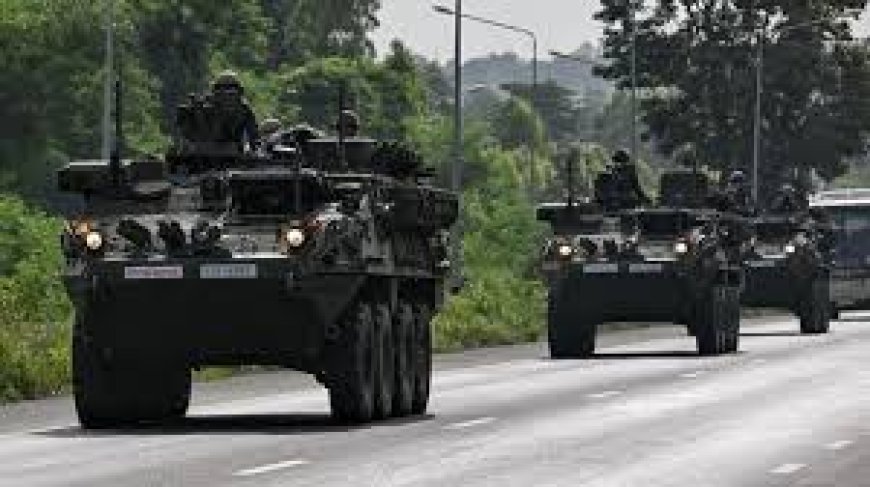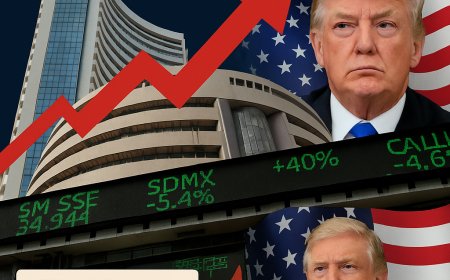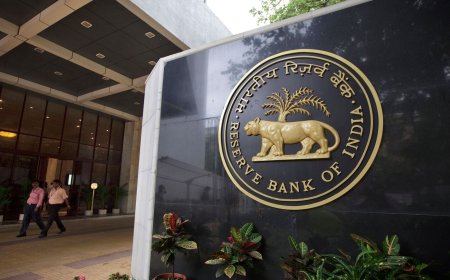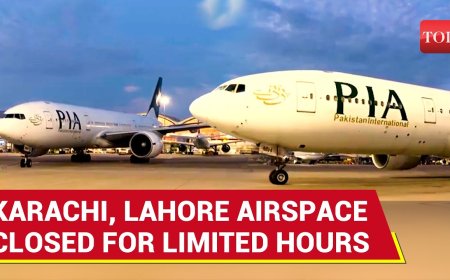India Issues Travel Advisory as Cambodia-Thailand Border Clashes Escalate
India warns citizens against travel to Cambodia-Thailand border areas after clashes escalate. Economic, diplomatic, and investor implications analyzed.

New Delhi, July 26, 2025 – The Ministry of External Affairs (MEA) has issued a travel advisory urging Indian nationals to exercise extreme caution while traveling to border regions between Cambodia and Thailand following an escalation in violent clashes between the two countries’ border security forces. The situation has led to rising concerns about regional stability, economic disruptions, and the safety of Indian travelers and businesses operating in Southeast Asia.
Heightened Tensions at the Border
The latest wave of conflict erupted earlier this week near the contentious Preah Vihear Temple area, a long-disputed site between Cambodia and Thailand. Eyewitnesses reported mortar fire exchanges and heavy troop mobilizations on both sides. Local sources confirmed casualties among both military personnel and civilians.
Cambodia accused Thai troops of encroaching on its sovereign territory, while Thailand claimed it was responding to unprovoked aggression from Cambodian forces. This back-and-forth has raised alarm bells across ASEAN member states and the international community.
India's Advisory to Citizens
In response to the deteriorating situation, India’s MEA released an official statement on Saturday morning:
“In light of the ongoing clashes between Cambodian and Thai forces near their shared border, Indian citizens are advised to avoid non-essential travel to affected border provinces including Preah Vihear, Oddar Meanchey, and Sisaket. Indian nationals already in these areas are strongly advised to remain in contact with the nearest Indian mission and follow safety instructions issued by local authorities.”
The advisory also recommends Indian businesses with operations in border-adjacent special economic zones to assess potential disruptions and plan contingencies.
Diplomatic and Economic Implications
Analysts view the flare-up as a significant threat to the otherwise stable and economically vibrant Southeast Asian corridor.
Dr. Amrita Basu, Senior Fellow at the Institute of Southeast Asian Studies in New Delhi, noted:
“This conflict is rooted in historical claims, but the current escalation seems driven by nationalist politics on both sides. The implications for regional trade and tourism, especially with ASEAN’s push toward integrated border economies, are profound.”
According to data from the Indian Chamber of Commerce, over 350 Indian small and medium enterprises operate in the Thailand-Cambodia-Laos corridor, particularly in textiles, logistics, and agriculture processing. These firms could face logistic delays and labor mobility challenges if tensions continue.
Market Impact and Investor Sentiment
The geopolitical tension has already sent ripples through Asian equity markets. The Thai SET Index dropped 1.6% on Friday, while Cambodia’s fledgling stock exchange reported a temporary suspension of trading in Phnom Penh due to security concerns.
Indian investors with exposure to Southeast Asia, including major conglomerates like Aditya Birla Group and Tata International, are closely monitoring the developments.
Ashok Verma, a portfolio manager at Axis Securities, stated:
“While the direct financial impact on Indian holdings may be limited, the broader sentiment around emerging market stability could turn risk-averse. We are advising clients to watch defense and logistics stocks, which tend to react sharply to such geopolitical stress.”
Gold prices surged in Asian trading as investors sought safe-haven assets. Simultaneously, oil markets saw slight gains due to fears of supply chain disruptions affecting overland transport routes between Thailand and Vietnam that pass through Cambodia.
Regional and International Response
The escalation comes at a time when ASEAN has been struggling to forge a common defense and diplomatic response mechanism. Singapore and Indonesia have called for immediate ceasefire talks, while the United Nations has expressed concern and urged both sides to initiate dialogue.
China and the United States—both of which have strategic and economic interests in the region—have issued statements calling for restraint. India, while not taking sides, emphasized its commitment to regional peace.
“India supports all efforts aimed at ensuring peace and security in the Indo-Pacific. We urge both governments to resolve their differences through dialogue and diplomacy,” said MEA spokesperson Randhir Kapoor.
Indian Diaspora Concerns
There are approximately 5,000 Indian nationals living across Cambodia and northeastern Thailand, many engaged in education, hospitality, and trading sectors. The Indian Embassy in Phnom Penh has set up a 24-hour helpline for urgent assistance and is working in coordination with local authorities to ensure the safety of Indian citizens.
In Bangkok, the Indian community has begun organizing temporary shelter and support systems for those stranded near affected areas. Indian airlines have yet to cancel direct flights to Bangkok and Phnom Penh but are monitoring developments.
Outlook and Future Prospects
While the full-scale impact remains uncertain, the rising hostilities threaten to derail cross-border trade and tourism initiatives that had seen strong post-pandemic recovery. Bilateral trade between Cambodia and Thailand, which reached $15 billion in 2024, may take a severe hit if tensions persist.
For Indian travelers and investors, prudence and real-time updates remain crucial. The MEA is expected to reassess its advisory based on security developments over the coming weeks.
What's Your Reaction?
 Like
0
Like
0
 Dislike
0
Dislike
0
 Love
0
Love
0
 Funny
0
Funny
0
 Angry
0
Angry
0
 Sad
0
Sad
0
 Wow
0
Wow
0












































































